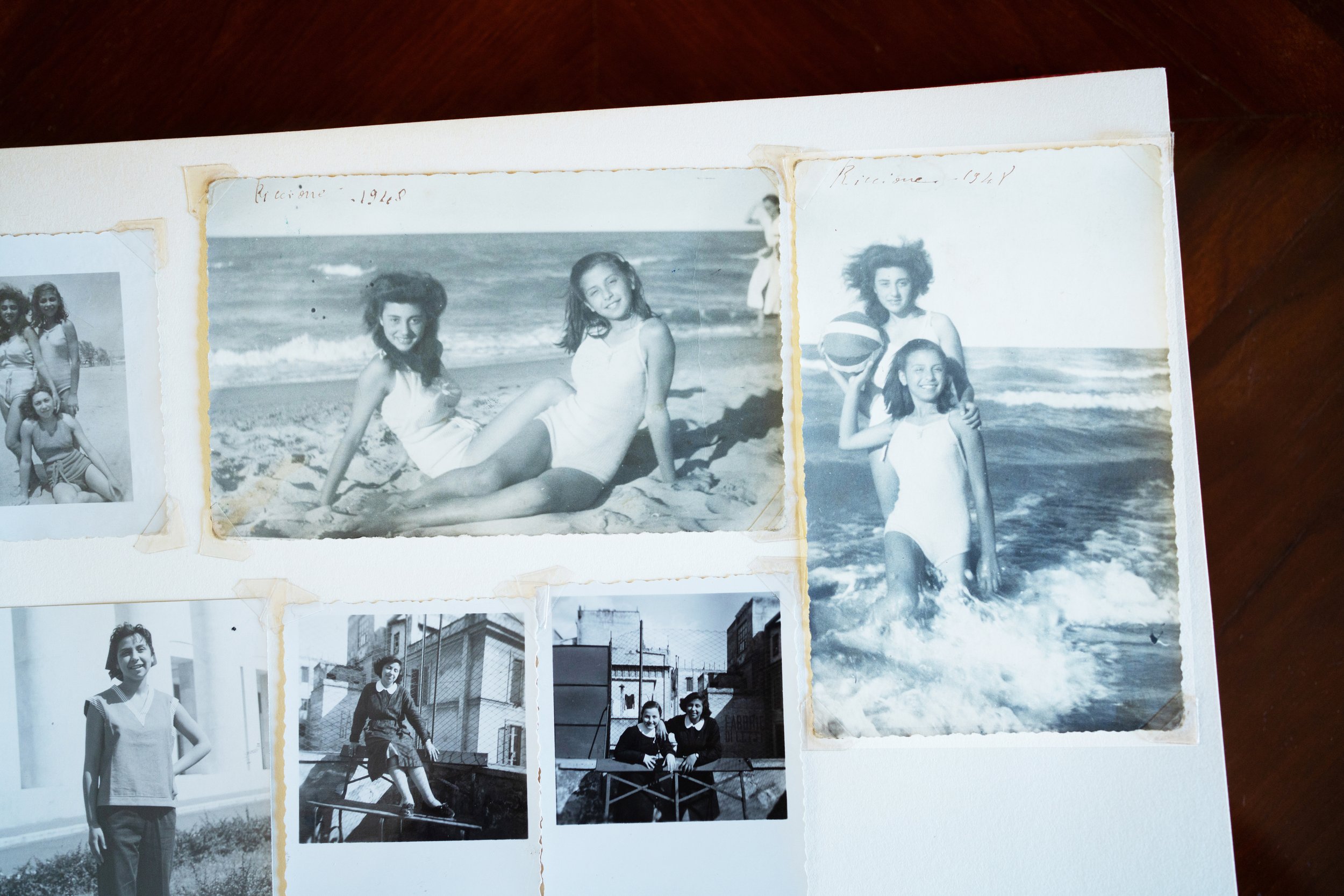Franzi Kreis
Franzi Kreis is a Vienna based artist working with the medium photography, audio and film. Her exhibitions, Finding Motherland and Father Earth, have been drawing attention from Vienna to Sarajevo. Franzi Kreis is showing her narrative, artistic production in numerous presentations since 2015. Projects for: Wiener Festwochen performing arts festival, Brut, Landestheater Niederösterreich and Volkstheater Vienna complete her work. Her first coffee table book Limelight has been published in 2020. Currently she is performing live on stage at the dark-room, Dunkelkammer, in Volkstheater Wien in Die Scham (Shame), by Annie Ernaux. Works created during the performances of Shame are presented in Lukas Feichtner Gallery.

Generation Beta
The Great Opera
Starting Nov. 2, 2023, the Austrian Cultural Forum in Rome will show the new project of Austrian photo artist Franzi Kreis, for which 16 people from Rome and Vienna told their family stories to her.
With her trip to Italy, the artist adds an international perspective to her work. The Great Opera talks about all the ups and downs of life. Women tell about the lives of their mothers, men about the lives of their fathers. The exhibition consists of photographs and headphones, through which one dives into the depths of a life story within seconds. The protagonists are chance acquaintances who have trusted Franzi Kreis with their family stories during her journey through Italy. Franzi Kreis about her project: "It is incredibly moving how social and political issues of our time are reflected in private biographies, and how recounted lifelines contain answers on the big questions of humanity. A lady revels in the memories of her husband, who was a famous opera singer from Sicily and whom she met at La Scala in Milan when she was 17 years old. Over the sounds of opera music, she tells of her mother's escape from Vienna in the turmoil of World War 2. Through a sham marriage in Prague and a stay in France, among other things, her parents, from a Jewish family and activists in the Communist movement, survived the Holocaust. A family story that illuminates contemporary European history from the most personal angle. Veronica is an investigative journalist and takes me on her scooter into the traffic hustle and bustle of Rome: "I grew up in a matriarchy" she says, squinting into the sun. In the pulse of the late summer city, narrative arcs stretch from Vienna to Rome and on from L'Aquila to Santa Marinella, where Lucia lets her young, beautiful dog off the leash. What lies between the lines of Rome and Vienna, two cities reverent of the past and committed to the future?
Franzi Kreis

